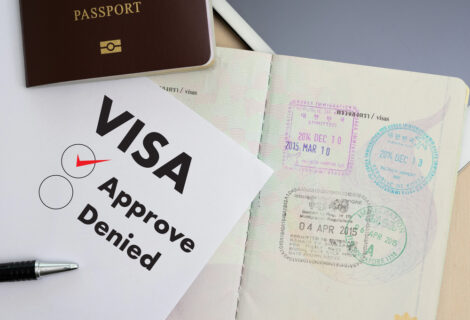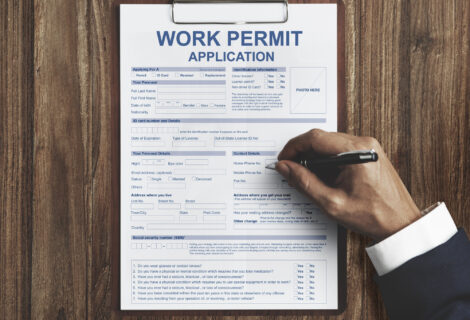Want to work in Canada? Be aware of this common reason causing the work permit refusal
It is common that foreign nationals who want to work in Canada have their work permits refused due to the insufficient proof of ‘ties to your home country’.
If you want to prevent the refusal, it is recommended to pay extra attention to the factors determining your ‘ties to home country’ in order to be able to work in Canada.
The reason for not being allowed to work in Canada
Immigration officer might get suspicious about the applicant’s intention to remain in Canada longer than the period authorized of a temporary stay in the country. The reasons for it might be the lack of documents or the inconsistency in the documentation, provided by the applicant.
What proves person’s ties to home country?
- Relationship to people
- Evidence of property ownership
- Responsibilities left behind in home country
- Financial assets
Relationship to people
You can provide the documents demonstrating strong ties to family members, elderly parents or relatives, such as copies of marriage certificates, birth certificates, and bio-data passports.
Evidence of property ownership
You can provide any proof of ownership, including lease or mortgage agreement, real estate purchase agreement or the proof of having highly valuable tangible property.
Responsibilities left behind in home country
Your responsibilities left behind in home country might include student commitment to finish studying, professional job duties, or social responsibilities before the community.
Financial assets
Financial assets might consist of any investments, business ownership, or insurance policies on your life or property.
What to do if work permit has been already refused?
Depending on the factors which caused a refusal, there are two options:
– reapply for a work permit, or
– seek judicial review at the Federal Court of Canada
It is possible to reapply if there are minor mistakes in your application. However, if there are serious issues within your application and you believe that the immigration officer made an error in law or fact in your decision, you should seek judicial review at the Federal Court.
Find out the grounds for judicial review to the Federal Court before filing an appeal.







